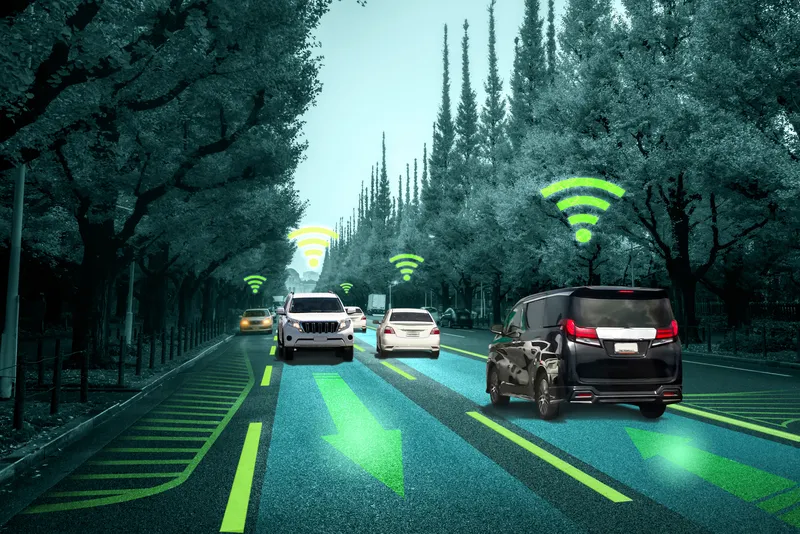General Motors (GM) is to acquire Cruise Automation to add Cruise’s software expertise and rapid development capability to further accelerate GM’s development of autonomous vehicle technology. GM intends intend to invest significantly to further grow the talent base and capabilities already established by the Cruise team.
The acquisition is GM’s latest step toward its goal of redefining the future of personal mobility. Since the beginning of the year, GM has entered into a strategic alliance with ride-sh
March 14, 2016
Read time: 2 mins
The acquisition is GM’s latest step toward its goal of redefining the future of personal mobility. Since the beginning of the year, GM has entered into a strategic alliance with ride-sharing company Lyft; formed Maven, its personal mobility brand for car-sharing fleets in many US cities and established a separate unit for autonomous vehicle development.
Cruise will operate as an independent unit within GM’s recently formed Autonomous Vehicle Development Team led by Doug Parks, GM vice president of autonomous technology and vehicle execution, and will continue to be based in San Francisco. Founded in 2013, Cruise has moved quickly to develop and test autonomous vehicle technology in San Francisco’s challenging city environment.










